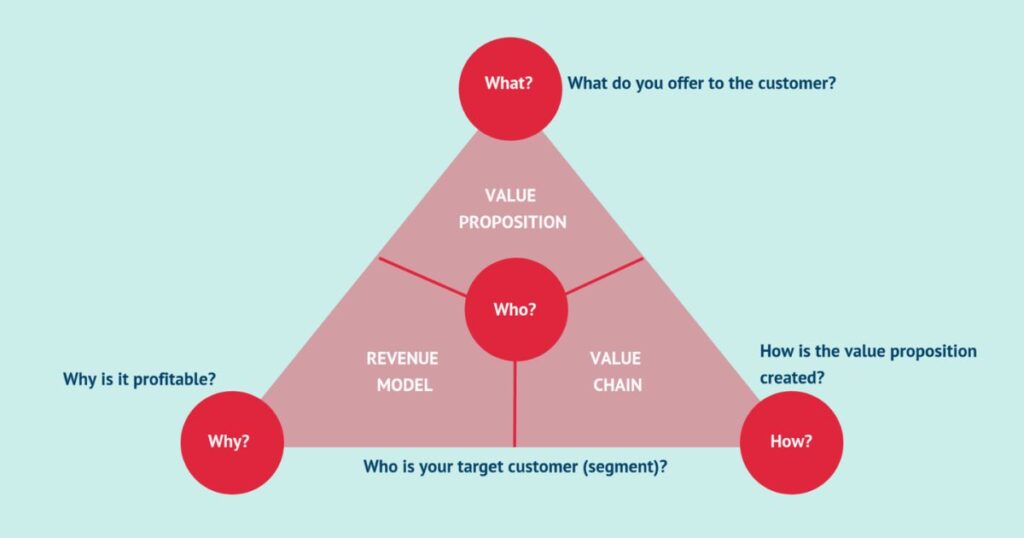In the world of multi-level marketing (MLM), few companies have faced as much scrutiny and legal challenges as Market America.
This prolific MLM, which sells everything from cosmetics and jewelry to nutritional products and home goods, has found itself embroiled in lawsuits alleging its business practices constitute an illegal pyramid scheme.
Let’s dive into the controversies surrounding Market America and examine the key accusations.
Table of Contents
What is a Pyramid Scheme?
Before we unpack the specific allegations, it’s important to understand what constitutes an illegal pyramid scheme and how it differs from a legitimate MLM business.
A pyramid scheme is a form of investment fraud where participants earn money primarily through recruiting new members rather than selling actual products or services.
The core characteristics of pyramid schemes include:
- No real product is sold, or the product is merely a disguise for recruiting
- New recruits are required to purchase expensive inventory or join for exorbitant fees
- The majority of revenue comes from recruiting rather than retail sales
- Participants earn money by recruiting others below them, creating unstable influx of new recruits
- Most people inevitably lose money except for those at the top recruiting levels
Pyramid schemes are unsustainable by design and ultimately collapse, leaving the majority of participants with financial losses.
In contrast, legitimate MLMs focus on selling real products to retail customers, with recruitment and commissions being a secondary component of the business model.
Where a restaurant is located plays a huge role in its menu prices. Rent in high-traffic areas, like downtown or tourist spots, can be sky-high. These costs often get passed on to you, the customer.
Market America’s Business Model Scrutinized

At the heart of the legal controversies is Market America’s MLM structure and compensation plan. The company recruits individuals as “UnFranchise Owners” who can sell Market America’s wide range of products while also earning commissions and bonuses for recruiting others beneath them.
Critics allege that Market America places far too much emphasis on aggressive recruitment rather than actual product sales to consumers. This imbalance, they argue, creates an endless chain of recruiting to earn significant income – the telltale sign of a pyramid scheme.
The Inventory Loading Issue
One specific point of contention is Market America’s product purchase requirements for distributors. Plaintiffs in various lawsuits claim distributors are pushed to make large upfront inventory purchases, often going into debt, under the guise of having inventory to sell.
However, critics argue this “inventory loading” is actually meant to drive recruitment rewards rather than meet any real product demand from retail customers.
This arguably unethical practice stands in contrast to many other MLMs that simply expect distributors to sell existing company inventory supplied to them.
Federal Pyramid Scheme Lawsuit Against Market America
In 2019, the Federal Trade Commission (FTC) filed a groundbreaking pyramid scheme lawsuit against Market America and its principals. This case alleged the company was:
- Operating as an illegal pyramid scheme
- Targeting deceptive practices specifically at Chinese immigrant communities
The complaint asserted Market America’s compensation plan prioritized recruitment over retail sales to an unlawful degree. It cited violations of the Racketeer Influenced and Corrupt Organizations (RICO) Act as well as California state laws.
Read this Post: REAL ESTATE PARTITION ACTION ATTORNEY
Incentivizing Endless Recruitment Over Sales?

Central to the FTC’s case is the accusation that Market America’s multi-level compensation plan creates financial incentives focused almost entirely on recruiting rather than facilitating genuine product sales.
Court documents pointed to the staggering statistic that over 90% of Market America distributors were losing money, allegedly due to the scheme prioritizing signing up new distributors perpetually over moving actual merchandise to real consumers.
This ongoing lawsuit has shined a spotlight on the often blurred lines between legitimate MLMs focused on product sales versus recruitment-driven pyramid schemes masked as direct selling opportunities.
Additional Lawsuits and Legal Troubles
The FTC’s federal case is far from Market America’s only legal entanglement over alleged pyramiding and deceptive business practices:
- Massachusetts Lawsuit (2016): Massachusetts sued Market America for deceptively marketing financial opportunities and running a pyramidal scheme targeting Massachusetts residents, including immigrant communities.
- SEC Charges (1999): Market America paid $300,000 to settle charges from the Securities and Exchange Commission (SEC) related to making false and misleading statements in their stock sales.
- Other Cases: Numerous individual lawsuits have been filed through the years accusing the company of deceptive recruiting practices and failure to pay earned commissions or bonuses.
With multiple legal battles still raging, the future of Market America remains uncertain as accusations of unethical pyramiding continue to swirl.
Market America’s Defense and MLM Industry Response
In response to the pyramid scheme allegations, Market America has vigorously defended itself through official statements and legal proceedings. The company argues:
- It is a legitimate MLM company focused on product sales, not recruitment
- Its compensation plan rewards sales activity, not merely recruiting
- Testimonials from successful distributors refute claims people can’t earn without recruiting
- Inventory loading is encouraged for personal consumption, not just recruiting
Statements from Market America’s leadership accuse plaintiffs and critics of misunderstanding or misrepresenting how the company’s MLM model legally operates.
Reactions from the broader MLM industry have been mixed. While some companies have remained silent, others argue the cases could set important precedents distinguishing legitimate MLMs from recruitment-driven pyramids.
Proponents of direct selling contend overzealous regulators are unfairly targeting MLMs based on misunderstandings of their business models. Critics counter that MLM industry lobbying has allowed pyramid schemes to proliferate under the guise of direct selling.
Signs a Company May Be an Illegal Pyramid Scheme
With disagreements over what’s considered legitimate multi-level marketing, it’s crucial consumers educate themselves on common red flags that may signal an MLM has crossed into illegal pyramid scheme territory.
Here are some key warning signs to watch for:
🚩 Red Flag Checklist for Pyramid Schemes
- Little or no emphasis on actual product sales to consumers
- Majority of compensation comes from recruiting others below you
- Buy-in fees or mandated inventory purchases are expensive
- No buyback or refund program for unsold inventory
- Complex compensation plans confusing even for participants
- Recruitment is portrayed as the fastest way to make money
- Unrealistic income claims or promises of quick riches
- Company focuses on selling “tools” more than their actual products
- Pressure tactics are used for recruiting family and friends
- Company has faced numerous complaints or lawsuits for deception
Before joining ANY multi-level marketing opportunity, thoroughly research the compensation structure, product lines, inventory requirements, and evaluate whether product sales or recruitment is truly the core focus.
Conclusion: Navigating the MLM Legitimacy Debate
The ongoing lawsuits against Market America underscore the heated debate around what separates legitimate multi-level marketing companies from illegal pyramid schemes. As the nation awaits resolution to the federal case, it highlights broader regulatory questions facing the direct sales industry.
Were Market America’s aggressive recruitment practices simply an overzealous interpretation of legal MLM methods? Or did the company cross an ethical and legal line into the territory of an unsustainable pyramid? Only time will tell how the courts ultimately rule.
